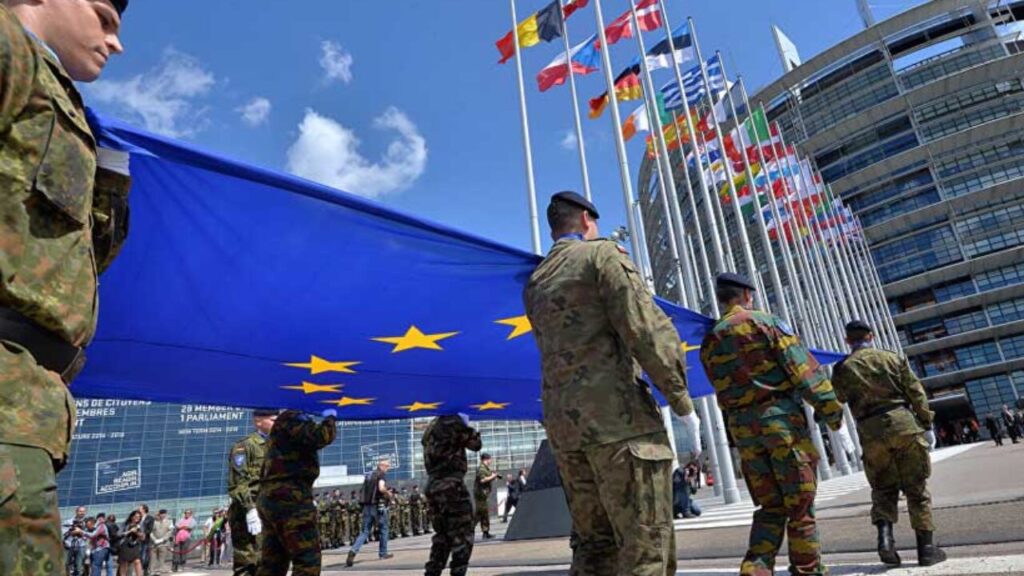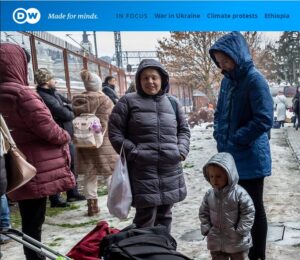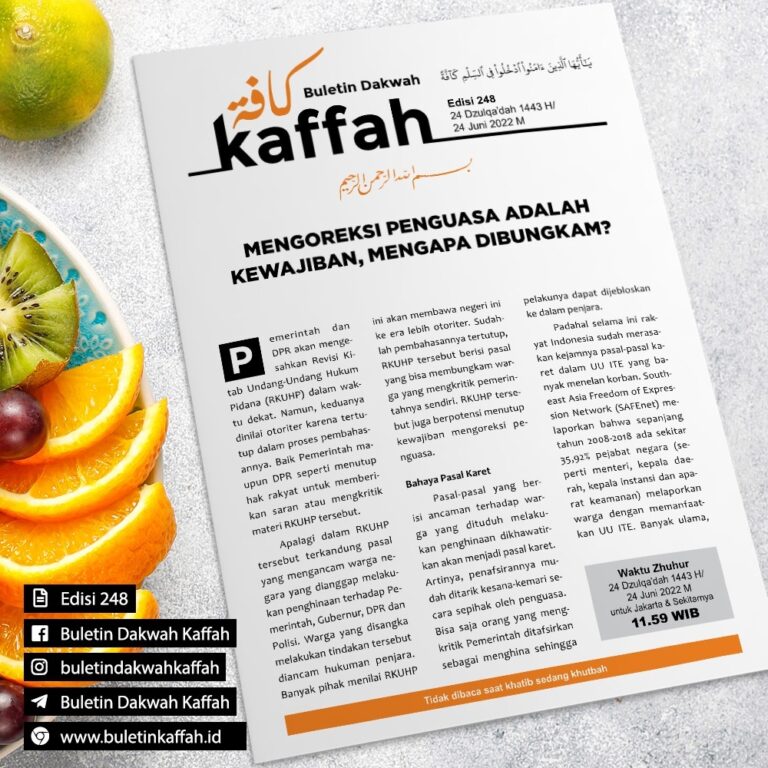
The European Union’s New Pact on Migration and Asylum, adopted in April 2024, was initially celebrated as a significant advancement in the complex and divisive issue of immigration management within Europe. The legislation package aimed to address the multifaceted challenges of migration through a pragmatic approach, emphasizing shared responsibility and solidarity among member states and measures such as new border screening procedures and reformed asylum claim rules.
Yet, the initial jubilation over the long-awaited adoption of the pact has been subdued by persistent divisions within the bloc regarding immigration policy. These divisions are apparent not only within EU institutions but also in the immigration policies of neighboring countries like the United Kingdom. For instance, at the EU level, the recent deal with Lebanon aiming to prevent Syrian refugees from reaching Cyprus has proven contentious. Meanwhile, the UK’s controversial asylum plan, which sends illegal immigrants to the East African country of Rwanda, is already having a significant impact on Ireland. All these incidents are occurring against the backdrop of a prolonged humanitarian catastrophe. At the end of April, a migrant boat on its way from Senegal to Spain saw over 50 people drown near the Canary Islands.
Despite the adoption of the Pact on Migration and Asylum, deep-seated divisions within the EU remain regarding migration policy. Some member states remain reluctant to accept their share of migrants, while others criticize the pact for not going far enough in protecting the rights of asylum seekers. Recent statements from the Danish Prime Minister Mette Frederiksen and Immigration Minister Kaare Dybvad at an international migration conference in Copenhagen held on Monday indicate that the Migration Pact is far from a conclusive end to the immigration debate. Danish Prime Minister Mette Frederiksen acknowledged that “the current immigration and asylum system has de facto collapsed” and said, “the European New Pact on Migration and Asylum is a solid foundation on which we can build. But we also need broader and more equal partnerships and a commitment to a long-term sustainable solution.” While Denmark abandoned its plan to outsource asylum procedures to Rwanda in January 2023, Danish Immigration Minister Kaare Dybvad said at the conference that Copenhagen has not given up on this approach yet.

Meanwhile, the Irish government is drafting emergency legislation to be able to send back asylum seekers who have entered Ireland from the UK in the aftermath of the latter’s Rwanda asylum deal. Since the Rwanda asylum deal, there has been a surge of asylum seekers entering Ireland from Northern Ireland, attempting to avoid deportation to Rwanda. In April, Irish Justice Minister Helen McEntee confirmed that roughly 80 percent of those claiming asylum in Ireland had come from the UK via the border with Northern Ireland. This influx has caused a diplomatic row between the two countries, with Ireland accusing the UK of using it as a loophole for its migration challenges. Various anti-migration protests in Dublin have occurred over the past few days and are not likely to subside as the EU elections approach. The surge in asylum seekers arriving in Ireland underscores the cross-border scope of migration management and exposes a possible oversight in EU immigration policy: the influence exerted by the immigration policies of neighboring countries.
The inclusion of third countries in immigration management, what some have branded the externalization of EU borders, also continues at a rapid pace. On May 2, Ursula von der Leyen, the president of the European Commission, revealed alongside Cypriot President Nikos Christodoulides that €1 billion in aid would be earmarked “to support Lebanon’s socio-economic stability” in return for cooperation from the Lebanese authorities in combatting illegal immigration to Europe. However, this comes at a time when Beirut is overwhelmed by the number of Syrian refugees in its country and has already pleaded that the international community either helps share the brunt or return refugees to Syria. Cyprus has urged the EU to come to a deal with Lebanon after the eastern Mediterranean island country received almost 3,000 Syrians between January and mid-April from Lebanon in the aftermath of its clashes with Israel.
This latest move by the EU aligns with the New Pact on Migration and Asylum, and its promotion of “mutually beneficial partnerships with key third countries of origin and transit”. A recent survey conducted by BVA Xsight for ARTE Europe Weekly between March 27 and April 9 found that seven out of ten Europeans believe their country takes in too many immigrants, while more than eight out of ten Europeans find that the EU needs to take more action to combat irregular immigration. As the European Parliamentary elections approach in June, the growing focus on immigration among voters underscores that the debate on this issue is far from over and that immigration policy is far from set for the bloc.








